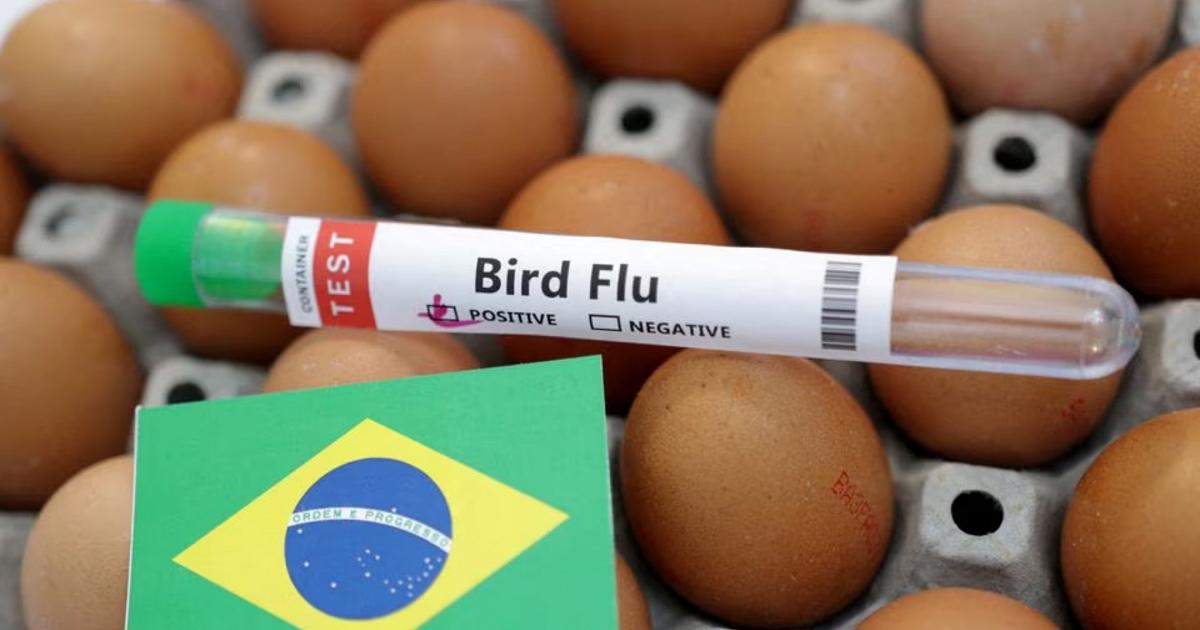Brazil's Ministry of Agriculture declared a "health emergency" across the country, the world's leading exporter of poultry, after new cases of bird flu were found in wild birds. The measure, which will remain in force for 180 days, is intended to "prevent the disease from reaching subsistence and commercial poultry production, as well as to preserve wildlife and human health," the ministry said in a statement. The ministry added that it "mobilizes resources" to prevent the spread of the virus. The ban on poultry fairs, competitions and exhibitions, which is already in force, has also been extended.
Yesterday, Brazilian authorities announced that they had identified three new cases of bird flu, bringing to eight the total number of cases reported since mid-May in the country, so far spared from the disease. All cases involve wild birds (seven in the state of Espirito Santo and one in Rio de Janeiro, in the south-east of the country).
According to 2022 Ministry of Agriculture data, Brazil is the largest exporter of chicken meat in the world, with 35% of the market.
Avian influenza is causing high mortality in wild birds and poultry, such as ducks and chickens. Thousands of birds have died or been culled, hundreds of farms have been quarantined and, in some cases, exports to South America have been cancelled due to the spread of the virus since last year. Transmission to humans is rare and usually occurs through close contact with infected birds.

